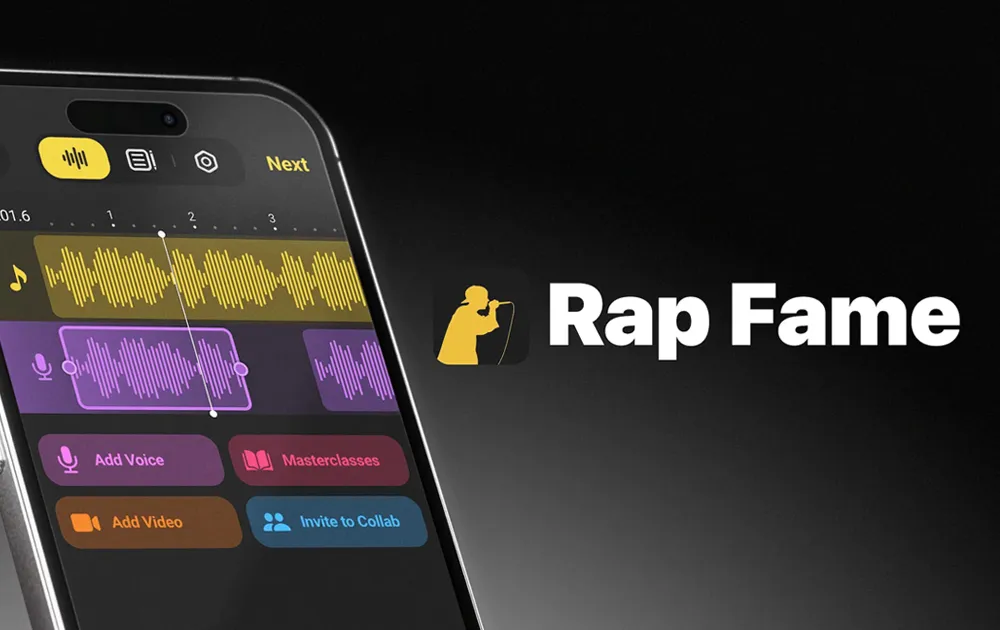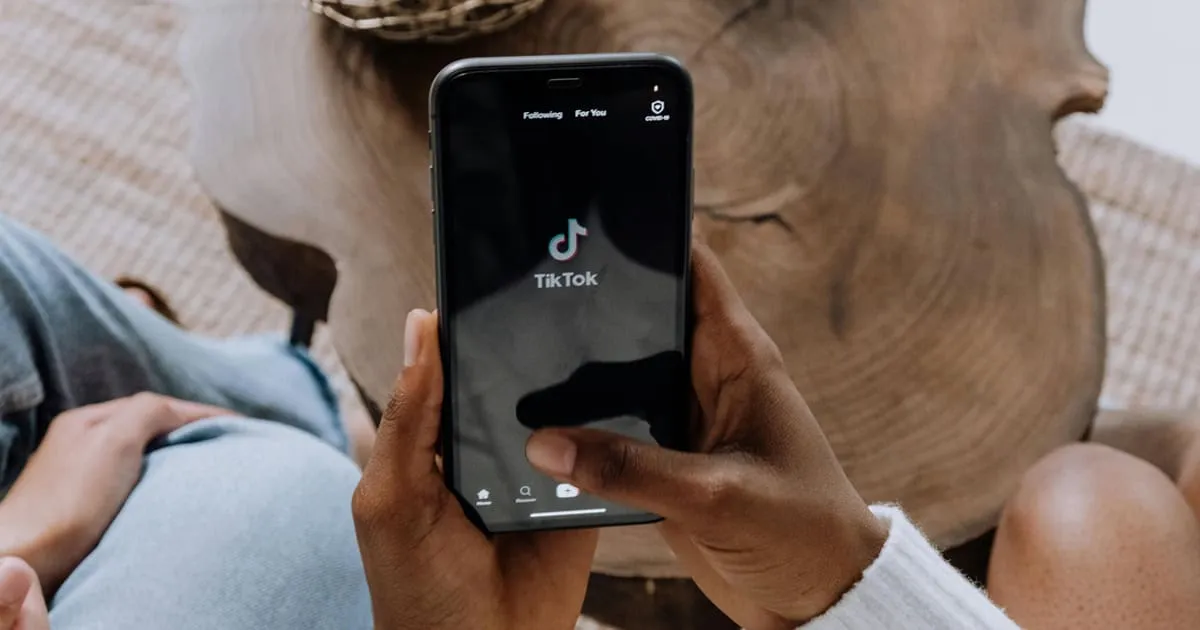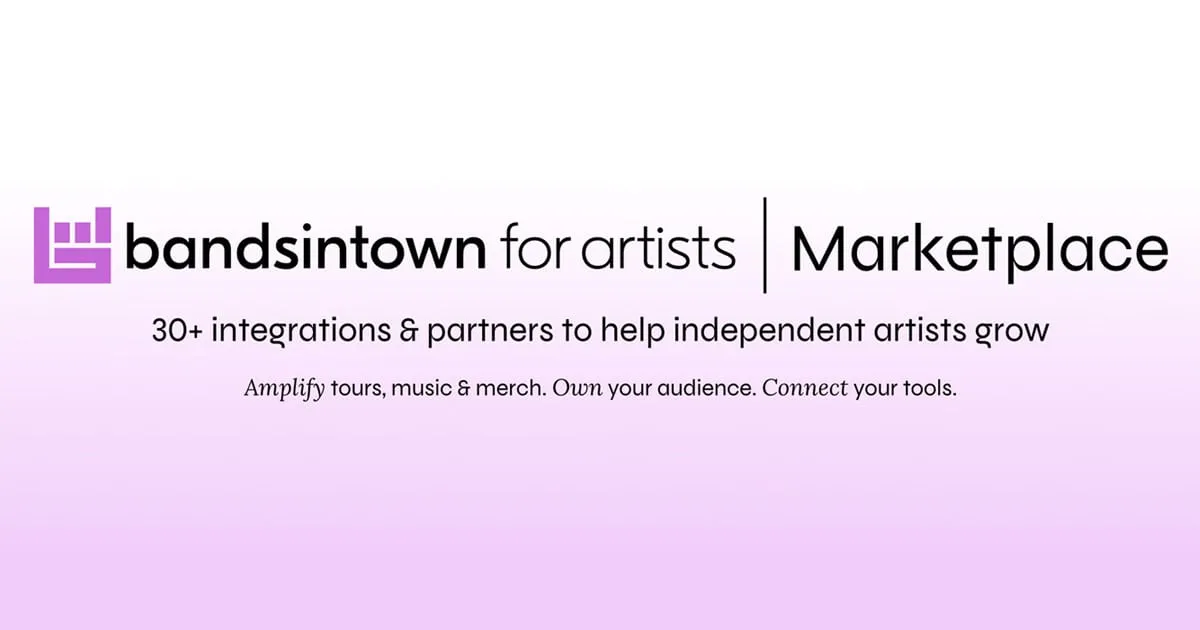Bora Celik began work on Jukely in order to create an app that drew on his experience promoting shows and bringing people together through music. Joined by former Kickstarter designer Andrew Cornett, the two entered the renowned Techstars accelerator in New York to push things to the next level. Since then they've graduated from Techstars and recently released an updated iOS app that puts much of what they've learned to work while expanding from New York to include 9 more cities. Since the response has been excellent, they're continuing on their path with even greater challenges ahead.
I first covered Jukely for Hypebot when they were entering the Techstars New York accelerator with a two man team, Bora Celik and Andrew Cornett. Now that they're Techstars graduates, I reconnected to discuss their experience of a tech accelerator and how that led to their updated iOS app.
Jukely 2.0 (View Video for Features and Design)
Jukely is a mobile app that is intended to connect people to music (live shows happening where they are) and to other people interested in the same music (by facilitating group outings including friends of friends). It's intended to have a higher curatorial element than most such apps and involves elements that are difficult to scale.
I spoke with Bora Celik yesterday via Skype and while we were talking he told me that he was seeing a constant stream of emails coming in related to new members. iTunes featured Jukely as a best new app in both music and across the board leading to a new download every 10 seconds. So this week they've been focusing on such issues as keeping their servers from crashing.
Jukely Expands to 10 Cities But Interest is Much Wider
Jukely began focused only on New York and now they've expanded to cover 10 cities with the new app including San Francisco, LA, Chicago, Seattle, Miami, Las Vegas, Austin, Portland and Denver. But Celik told me that lots of people are contacting them from other cities asking when Jukely will come to their town.
This is a mixed blessing since they can only grow so much at a time but Celik says it's inspiring them to try to expand earlier. However it still leaves the question of whether or not they should keep growing in the States or start hitting towns like London and Berlin where they're getting a lot of attention right now.
Part of the difficulty with growth is that they've chosen to take a path that includes lots of individual contact with users and will also require new hires that are deeply in the know about nightlife in each new city. Not only that, Celik claims to be emailing each new member which is staggeringly unscaleable but, as Paul Graham advises, new startups should do things that don't scale.
The reality is if Jukely can pull off what they're doing and find a way to scale it globally, they'll have a powerful barrier to entry combining data resources, great design, expert local curation, strong connections to local venues and one-on-one human interaction.
Part of that reality is the fact that while there are many apps doing useful things with data most of them don't really have heart. They gradually create a heart through their community of users but you can ask the Tin Man how difficult it is for technologists to grow such an organ.
"Is this the company we truly want to build?"
As in our first interview, Celik reiterated his desire to create an app that people cared about and that meant something in their lives. So when mentors and other folks at Techstars would try to pin them into an established category such as ticketing apps, Celik repeatedly pushed back.
As he pointed out, a ticketing app is one of the most boring things one could create. It's all about data and making money. In fact, he said he's been reading about the history of ticketing, beginning with "Ticket Masters," and found himself repelled by a world of businessmen who were simply maximizing return.
As I discussed in my previous post on Jukely, Celik has a background in event promotion that allowed him to conduct business while focusing on connecting people with each other and with great music. That remains a core value of Jukely.
At Techstars one gets what can be an overwhelming amount of feedback. In fact, that's one of the biggest criticisms of tech accelerators that I'm encountering from other sources. For some people, Celik says that results in "mental whiplash," as it's called at Techstars, in which some startups pivot based on a state of confusion.
But for Celik and co-founder/designer Andrew Cornett, this process ultimately led to an even stronger focus on their core values and reinforced their passion for building Jukely in their own vision.
They certainly took feedback seriously and discussed whether they should focus in on such possibilities as being a ticketing app. But, in the end, they returned to two key questions:
"If we did this other thing, would we still be excited?"
"Is this the company we truly want to build?"
If the answer remained "no," then that told them not to follow a different path.
Throughout the program they found their commitment to connecting people through music to be at the heart of their interests. This commitment led to another question to ask whenever they were considering a feature or new idea:
"Is it going to help start a conversation?"
If the answer was "no," then they'd put that idea away.
As Celik noted, he'd much rather users talk about how they met other people via Jukely than remark on how easy it was to buy a ticket.
This focus affected many aspects of the app. For example, on a design level they moved social elements (your friends) to the top of the screen and the buy button to the bottom. In fact, even though ticketing is their only form of revenue at present, they're no longer paying much attention to ticket sales as a metric.
Celik says that since reading Ticketmaster and struggling with attempts to pigeonhole Jukely as a ticketing app, he's come to think of tickets as a wall or barrier creating friction between fans and bands. And it's that kind of thinking, turning music tech startup culture on its head, that inspired me to follow up with Celik and will eventually lead me back for more discussion.
Combining Vision and Practical Detail
I've talked to a lot of music tech CEOs since joining Hypebot and I have to say that Bora Celik is one of the sharpest minds I've met, able to connect vision and practical detail as well as anyone I've talked to. But, more importantly, he's driven by a passion and insight that goes beyond really caring about his product and pushes him to another level.
Fortunately he's partnered with an excellent designer in Andrew Cornett who shares his vision. And that's important because Celik says he had no idea how hard this would be, despite knowing it would be really hard, when he set out to create Jukely.
As he pointed out, people are very opinionated about music and that makes curation for individuals much more difficult. In addition, they are still figuring out who to bring on in each city to make things work because they believe Jukely curation should be driven by expert local curation. Adding in people management is going to be a challenge of its own beyond simply hiring well.
No one knows how such endeavors will turn out but Jukely is off to a strong start. They were stress-tested at Techstars and now they move forward with many new relationships with individuals who can help them in the future. Users and potential users are excited and they're getting excellent feedback from the design community as well. Which is a good thing because they'll need every advantage they have to create a business that can continue to succeed based on their values and desires.
More:
- Team Jukely Joins TechStars NYC To Iterate A Mobile App For Live Show Discovery
- We Talk About Fans and Friends Of Fans, But What About Groups Of Friends That Are Fans?
- WillCall 2.0 Adds Tipping, Merch & Ticket Bundles To Concert Discovery App
Hypebot Senior Contributor Clyde Smith (@fluxresearch/@crowdfundingm) also blogs at Flux Research and Crowdfunding For Musicians. To suggest topics for Hypebot, contact:
clyde(at)fluxresearch(dot)com.




